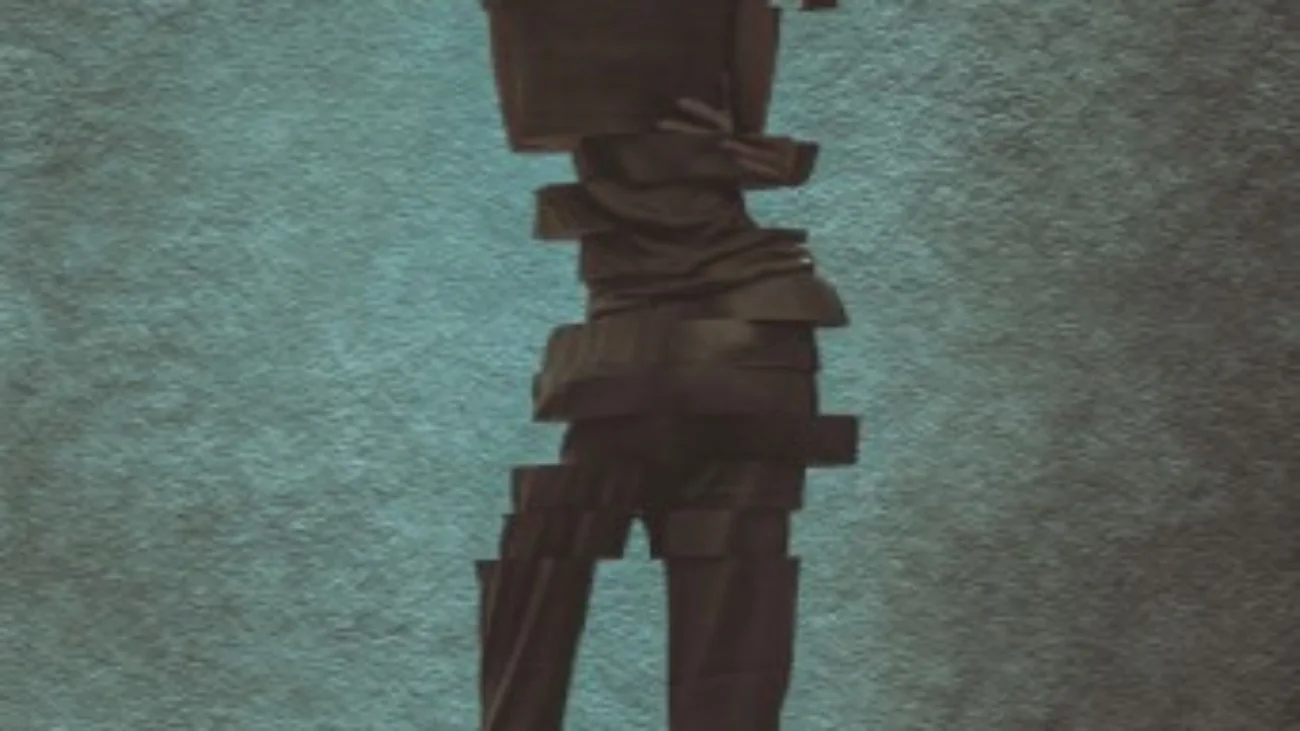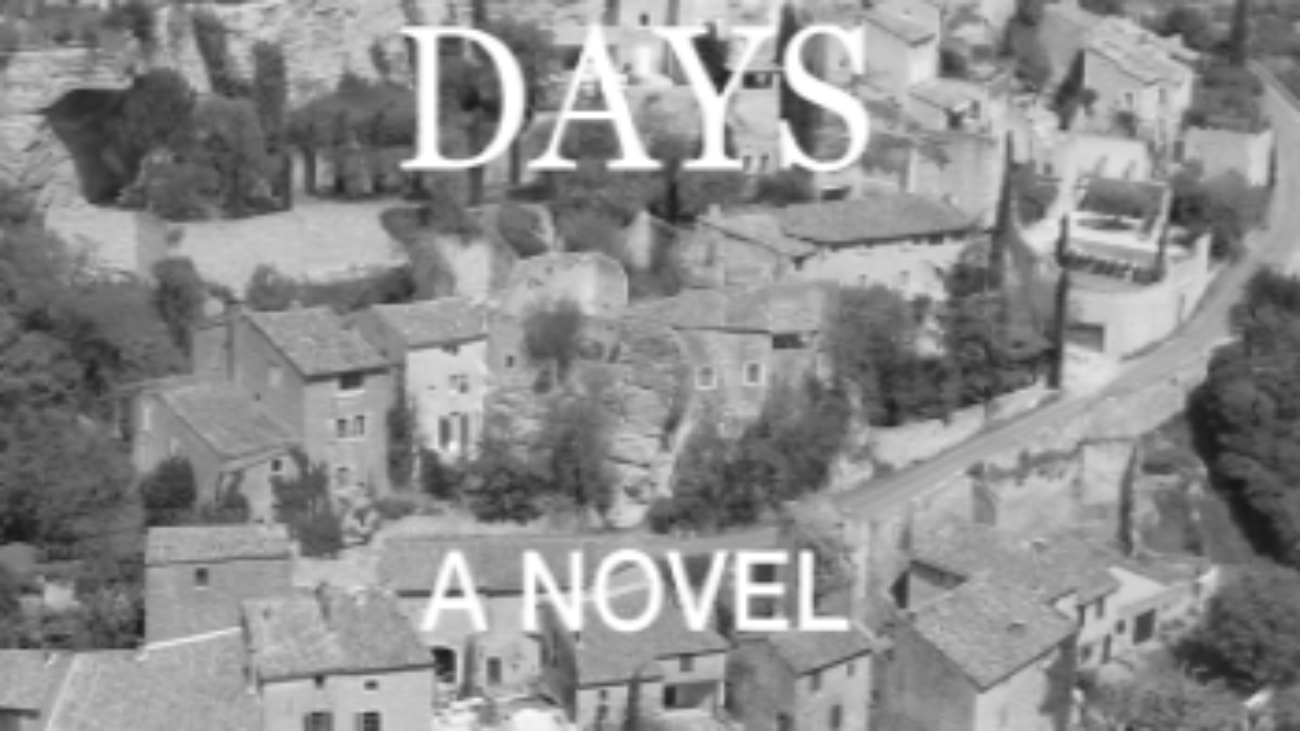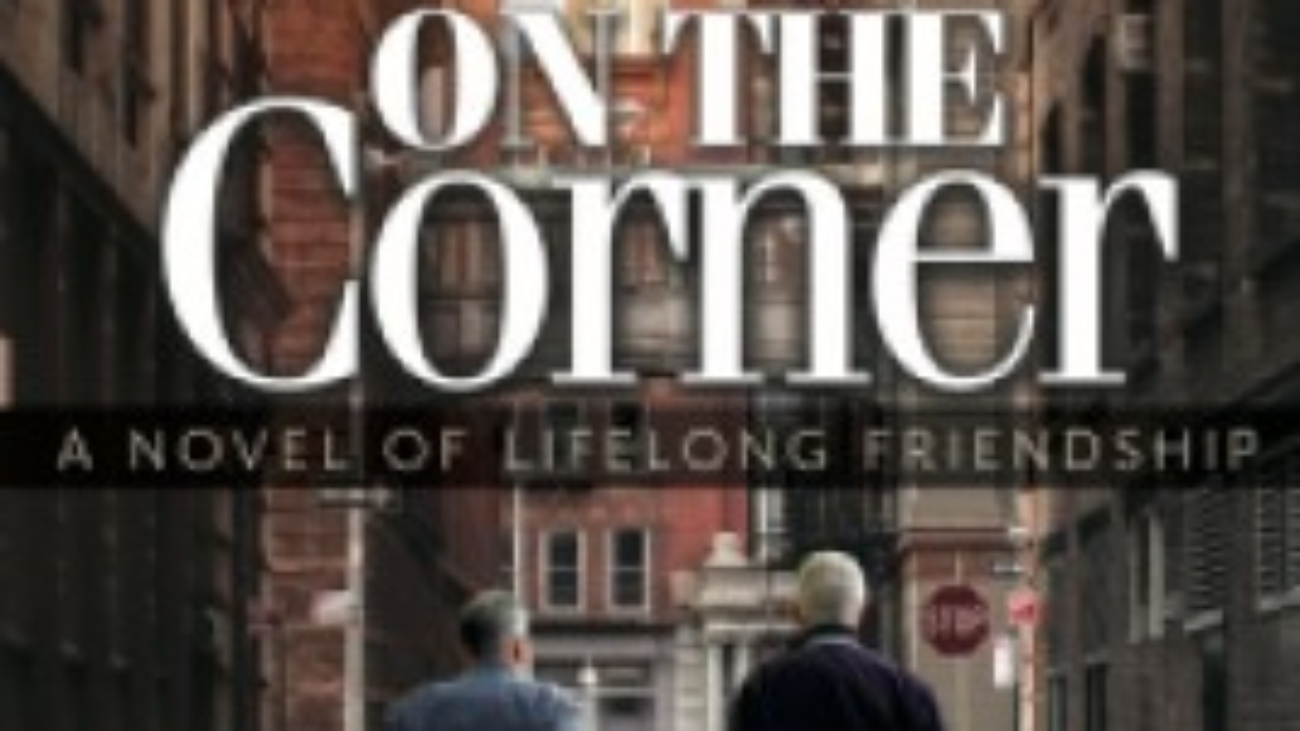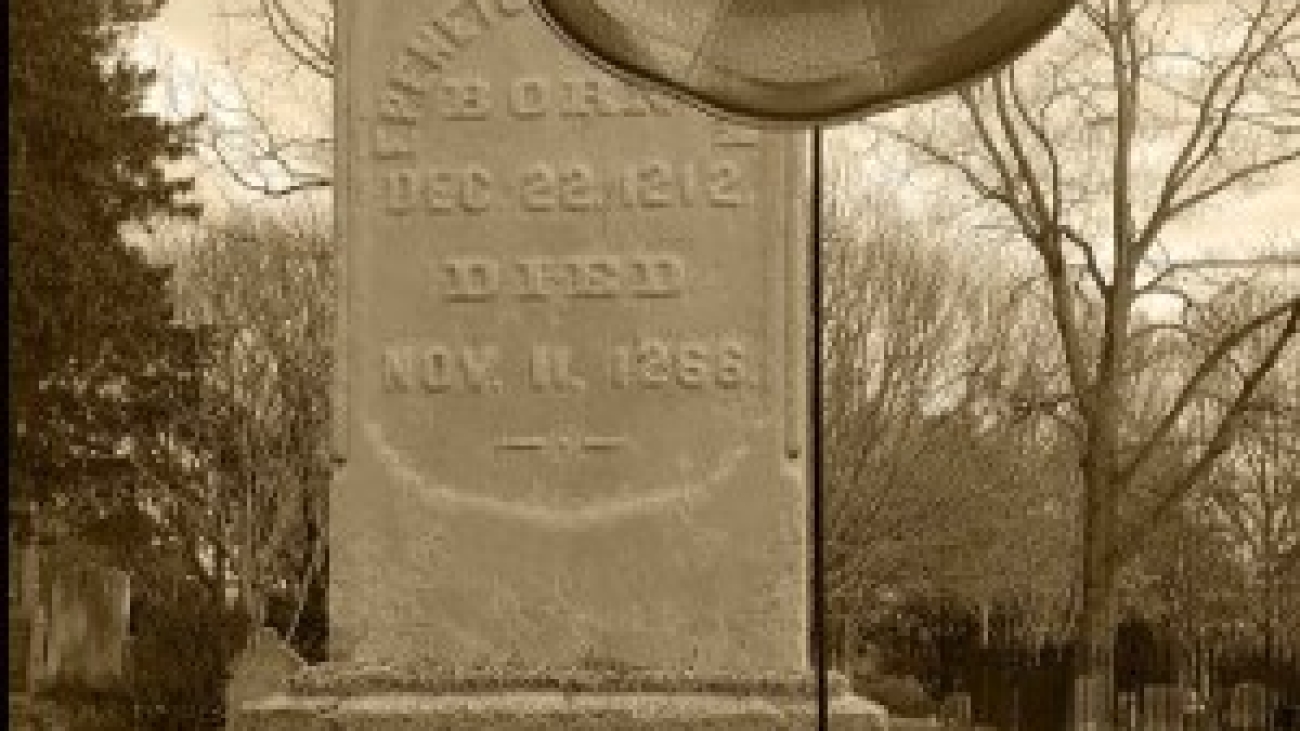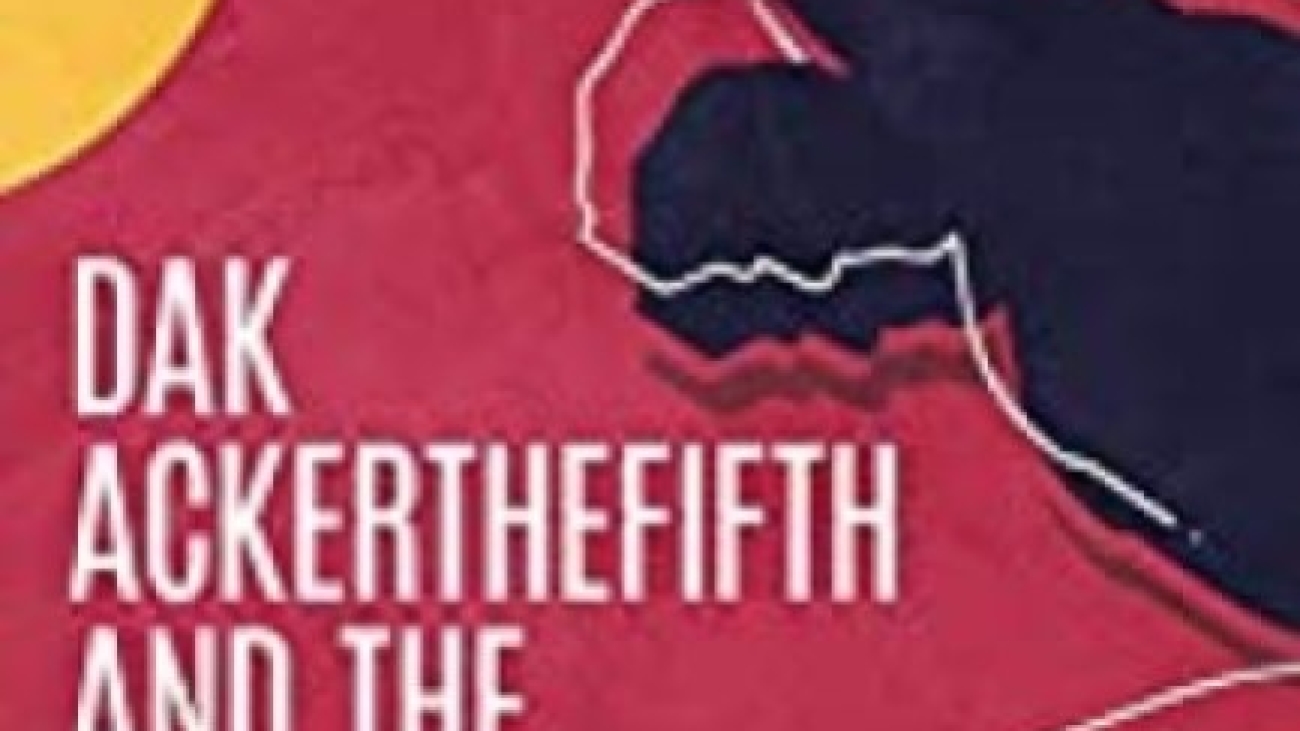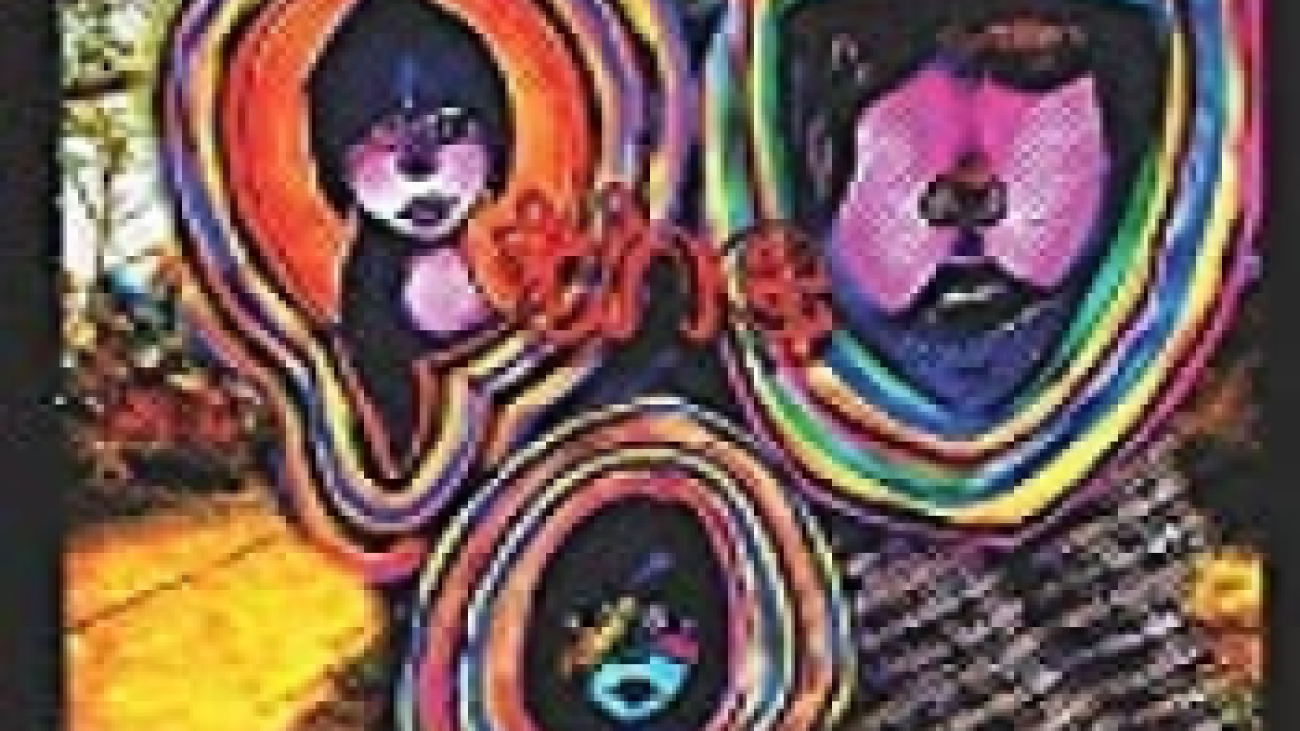Reviewed by Ray Palen
“You either die a hero or live long enough to see yourself become the villain.” – The Dark Knight
Purchase Here.
That quote from filmmaker Christopher Nolan resonated with me as I read this complex and extremely satisfying novel from Joshua S Joseph. The protagonist in this, a young Indian man with the unique name of Dak Ackerthefifth — a name blamed on the same slip of the entry pen used on Ellis Island while in-taking droves of new American citizens to our country.
DAK ACKERTHEFIFTH AND THE ETHICS OF HEROISM is more of a spiritual journey than a work of fiction and the reader is privileged to go along for the ride. Throughout Dak’s life he seeks to understand the precept of what it means to be a hero. We understand that for one to be a hero you must pick a side — hero or villain — but we also learn that life is not that black and white and often times it is not clear as to which side you are on. The story begins with the death of his parents, Richard and Rudy. Our narrator indicates that the death of parents is the way every good hero story starts — but be mindful, this is no Disney tale.
Richard Ackerthefifth was a ballpoint pen magnate who allegedly died during a business trip to the Congo — or so Dak’s mother told him. Rudy was left to raise 8-year-old Dak and his younger sister, Emily. Regrettably, or in keeping with the hero plan, Rudy passes away when Dak is 14. Her death is blamed solely on Crazy Uncle Ji. He was not an actual ‘Uncle’, but was given that honorific title by their mother. Shortly after Rudy was diagnosed with cancer, Crazy Uncle Ji gave her a cocktail of various supplements which initially helped her but then quickly pushed her into a physical nosedive that she never recovered from.
Now, young Dak is sent to Boarding School while Emily is placed into foster care. It is while attending the Ellsworth School that Dak had his first taste of heroism. Initially, Dak thought this came from the altercation he got into with another student over the death of one of their classmates. Actually, his heroic act took place on a class ski trip. A smaller classmate, Pard, was partnered with Dak on the trip and he slipped from the chairlift while it was climbing up the mountain. Dak grabbed Pard and held on until it was safe to let go, essentially saving Pard’s life.
The next chapter in Dak’s journey involved his moving in with his Aunt Rhoda once he was ‘done’ with Boarding School. She lived in Manhattan, which ended up being the ideal testing ground for Dak’s theories of heroism. The trouble was that Aunt Rhoda was a ‘hideous human being’ who was taking care of Dak more for the benefits she received from the Foundation his father had left behind than out of any sense of familial responsibility. At one point, his sister Emily comes to stay for a short visit. Emily implores her brother not to let her be taken back to foster care again, an experience that has included a number of different families each ending with her being sent back into the system. Unfortunately, Dak is not old enough yet to make such a decision and his Aunt Rhoda explains that foster care is what Emily needs as she suffers from various mental issues that require constant supervision.
As Dak is experiencing the world as a young man he continues to question everything and put all his experiences through various philosophical and ethical filters. He ponders on the concept of Interaction versus Isolation. The philosopher John Paul Sartre stated ‘Hell is other people’. To feel Sartre’s Hell, one must feel isolation while being amongst other people and not feeling saved by any interaction with your fellow man. Dak gets his best opportunity to truly interact with human nature when he takes on his first job. He is hired to do odds and ends at a management office that handled various tenant buildings around the NYC area. His boss was a Jew, Mr. Frank, a fact that allowed Dak to further explore the differences between his own Roman Catholic upbringing and other religious precepts.
Eventually, Dak is utilized by Mr. Frank because he is not one of the ‘Jewish tribe’ to collect back rent from various tenants who are in arrears. It is here where he meets Esther, a young woman who play a pivotal role in Dak’s journey. In his initial meeting, where he is attempting to collect overdue rent, Esther gives Dak quite an earful. She was the tenant from hell and a professional problem for him to solve. Subsequent visits find Esther warming towards the unassuming Dak and she becomes a font of good stories and advice. For instance, she tells Dak how fortunate it is that both his parents died when he was young as he never had to experience taking care of them when they were older and physically/mentally wasting away. It is also with Esther that Dak has his first sexual experience.
Dak focuses on the concept of approval and recognizing that, as a physical being not in isolation, we are ever seeking out the approval of ourselves from other people. This leads him to his next serious interaction with another tenant named Lissa. He will have a physical relationship with her and also spend some time living with her as well. Dak looked at his time living with Lissa as a vacation and understood that even the most satisfying vacations had to eventually end. On the home front, Emily had now graduated from foster care and is taken in by Aunt Rhoda. The three of them are all at a point where they abhor the presence of one another and bounce around the home like solitary electrons failing to make contact with each other.
One day, Dak finds Aunt Rhoda unconscious on the floor of their apartment — a situation that Emily had not even noticed. He rides in the ambulance with her to the hospital. Even though everything is tried to save her, Aunt Rhoda eventually succumbs to her malady and passes away. While in the hospital, Dak ponders that idea that real heroes are practitioners of medicine. However, he cannot truly buy into this idea as so many of those in the medical field do not actually care about the people they are treating. It is not long after Rhoda’s passing that a face from the past returns, Uncle Ji. Ji now is able to speak to Dak, adult to adult, and explains that the facts behind each of his parents deaths were not what Dak had been led to believe. He also provides Dak with some information, a ‘gift’ as he refers to it, that he can use as political leverage against his employer, Mr. Frank. Unfortunately, that gift backfires and Dak is fired from the only job he ever had.
Dak rebounds into his next serious relationship, this time with Esther’s sister, Dina. Now unemployed, Dak moves in with Dina and it is there where he meets with my favorite character in the novel, Abe. Abe is Dina’s brother and he is an extraordinary thinker and debater of concepts, both religious and otherwise. His first interaction with Dak begins with a diatribe on the Jewish and Palestinian conflict and how that arose. Abe likes to hear himself talk and he also likes someone who will question and challenge him, which Dak provides for him. If you have ever seen the Richard Linklater film, Waking Life, in which pairs of characters converse philosophically with each other on a myriad of subjects, you will understand my feelings about the scenes between Dak and Abe. There are a few chapters involving the two of them together and it provides the best dialogue in the novel.
At one point in a Sushi restaurant, Dak, Dina, Abe and his lover Katie are chatting — or, more to the point, listening to Abe speak — when Dina finally calls him out for his cynical banter. She shares with Dak a quote from Tom Robbins that makes him think: ‘We waste time looking for the perfect lover, instead of creating the perfect love’. On another occasion, Abe asks Dak how he would feel if he were able to shut society down. Unhook the world from their wireless devices and disconnect everyone from everything they utilize to get them through their lives. Dak indicates that this would finally make him a hero. It is at this point, towards the end of the story, where Abe provides Dak with just such an opportunity and it opens everything up all at once for Dak, finally providing him with answers he has spent his life searching for.
DAK ACKERTHEFIFTH AND THE ETHICS OF HEROISM was both and exhilarating and exhausting read as it provides so many various concepts that require the reader to disengage from our current culture and seek to find true meaning in our lives. It is a participatory novel requiring the reader to think and dive in deep along with our ‘hero’. Dak is the ideal figure to go on this journey and I was sorry for that ride to come to an end. I give much credit to author Joshua S Joseph, who refers to himself as an author, philosopher and consumer of shadows. He is definitely someone that would be interesting to chat with.

